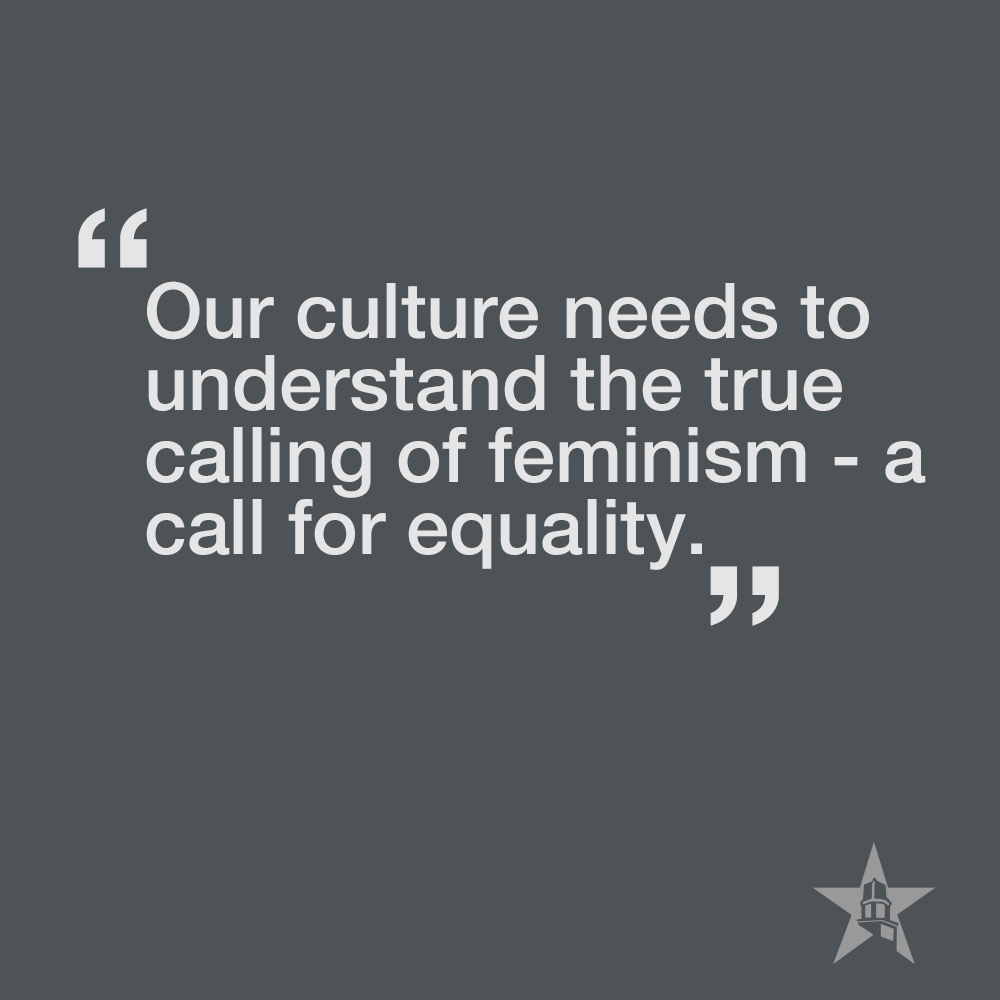Category: Opinions

February 19, 2015
Opinions
What Feminism Should Do
A couple weeks ago in the STAR an opinions piece stated, “While I’m at an immediate loss for what exactly…
February 12, 2015
Opinions
Redeeming Gender: Title IX at Houghton
Last week’s STAR described recent mandates concerning the 1972 Federal law on gender equity known as “Title IX” to the…
February 12, 2015
Opinions
Looking Towards the Powerless
Last weekend, I and a group of eleven other Houghton students attended the tenth annual Faith and International Development Conference…
February 12, 2015
Opinions
Microaggressions
The Subtle Side of Racism We live in a world today that doesn’t pay attention to anything mediocre. Miley Cyrus…

February 12, 2015
Opinions, Letter to the Editor, Opinions
Letter to the Editor: Rebekah Bunal
Dear Editor, I have concerns about the man who spoke in chapel this past Friday. My big question is why…

February 12, 2015
Opinions, Letter to the Editor, Opinions
Letter to the Editor: Matt Young
Dear Editor, Last Friday the Chapel speaker was Dr. Wesley Hill, a gay, celibate, Christian. He advocated that Christians who…
February 05, 2015
Opinions
Endangered Language Species
Houghton should increase the amount of language credits required for integrative studies in order to support the school’s mission of…
February 05, 2015
Opinions
Towards a New Feminist Imperative
When I finally found myself caught in a self-contradictory tangle of pop-activist ideals and “PC” jargon I decided it was…
February 05, 2015
Opinions
Will Pictures be the End of Us?
If there’s one unarguable fact about the digital age, it is that images dominate our lives. Every day we’re bombarded…
January 30, 2015
Opinions
How Houghton Handles Racism
Racism is a problem in America, throughout the world, and yes in Houghton as well. Racism, as I want to…
